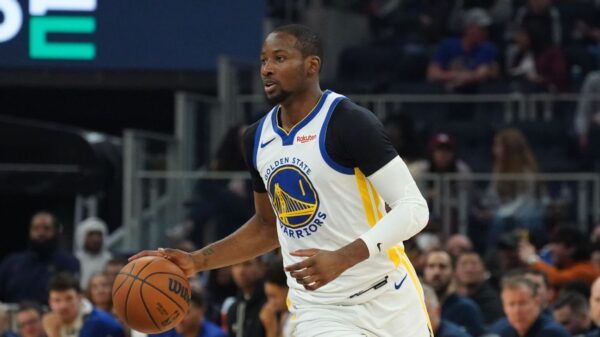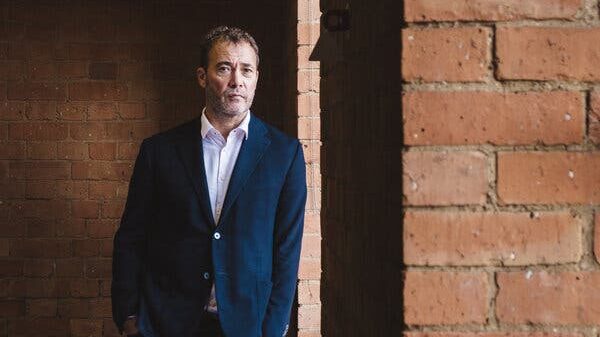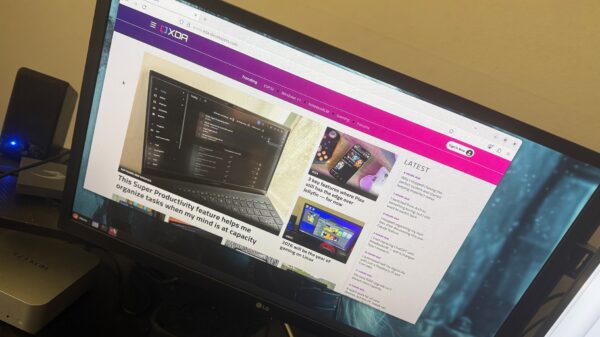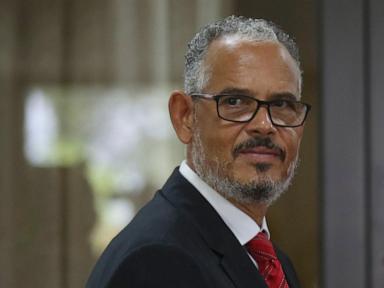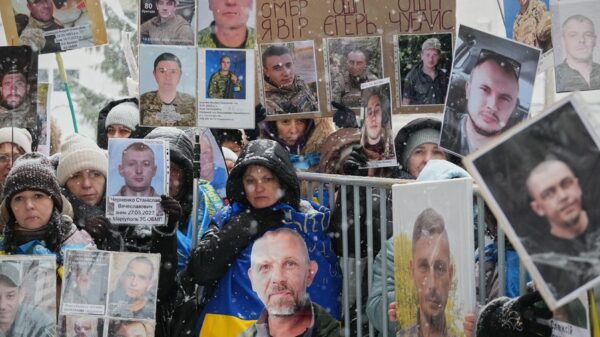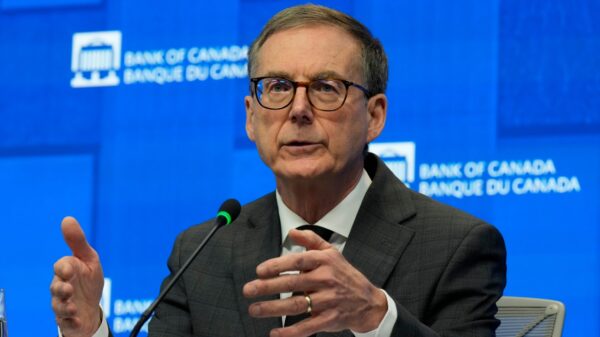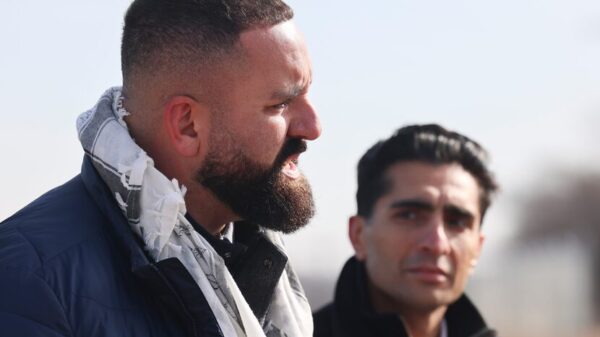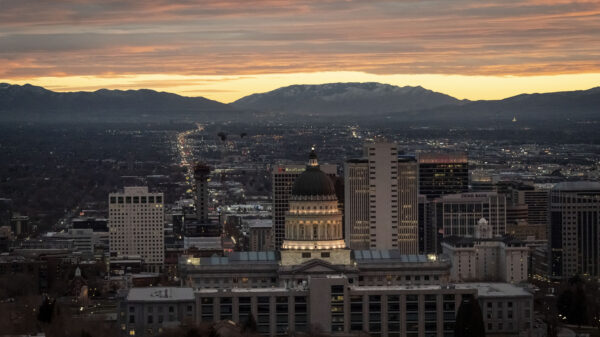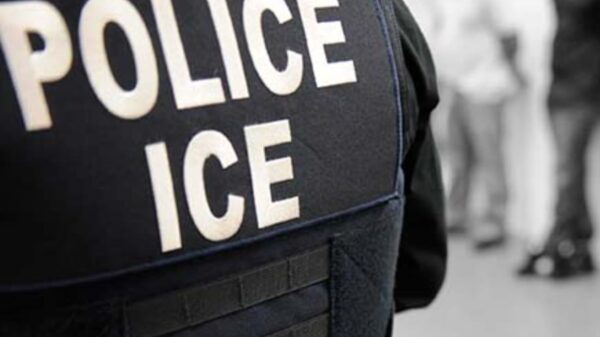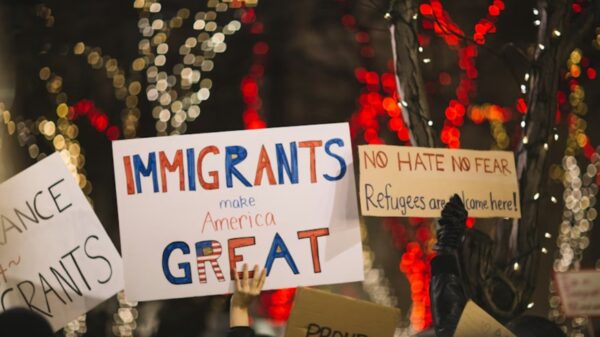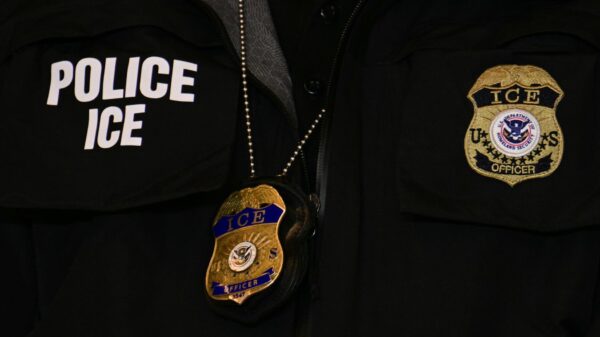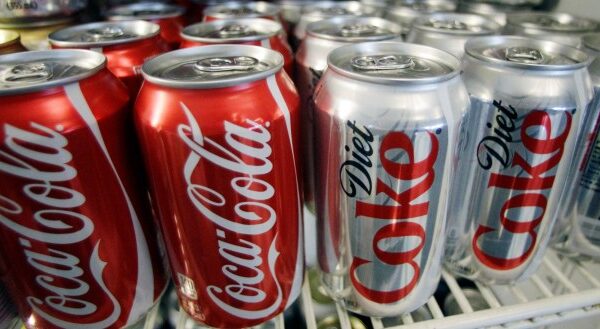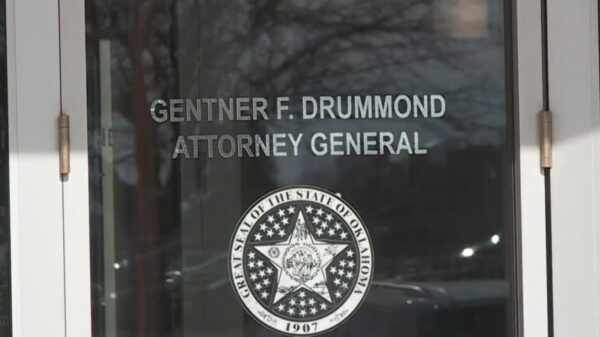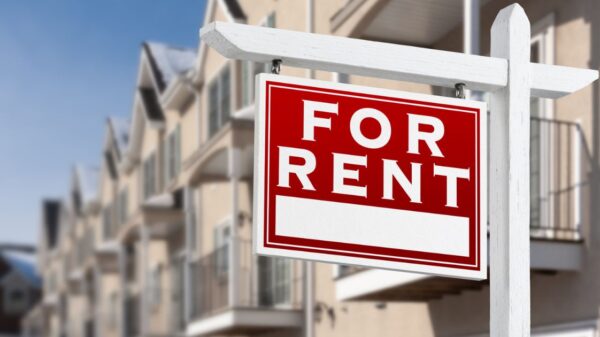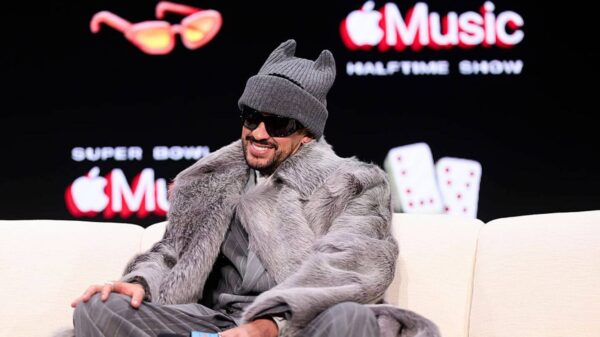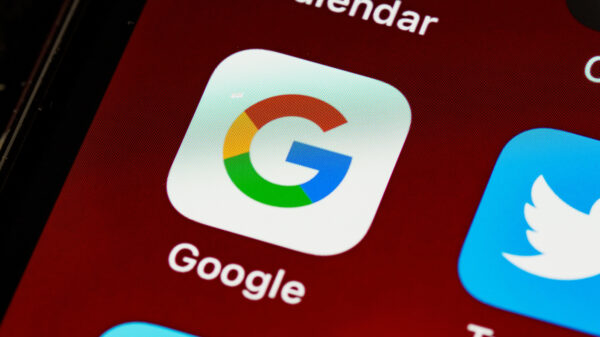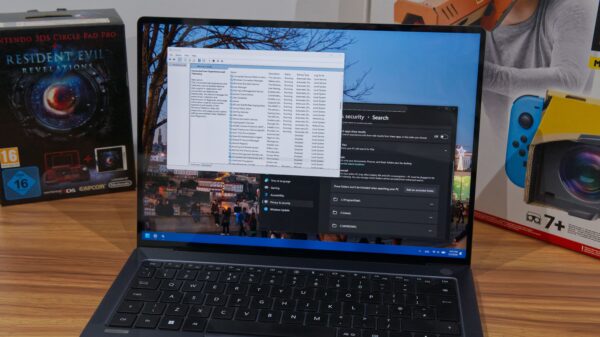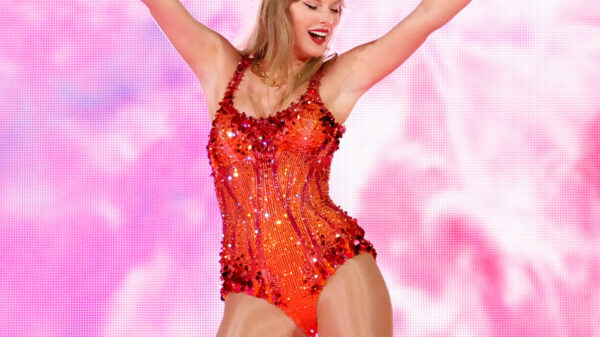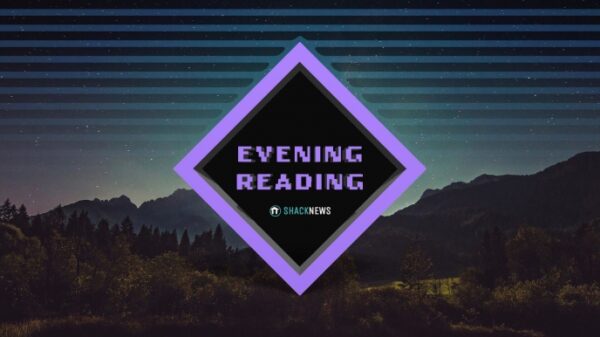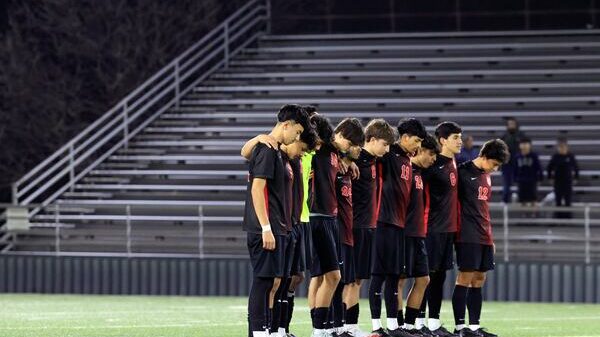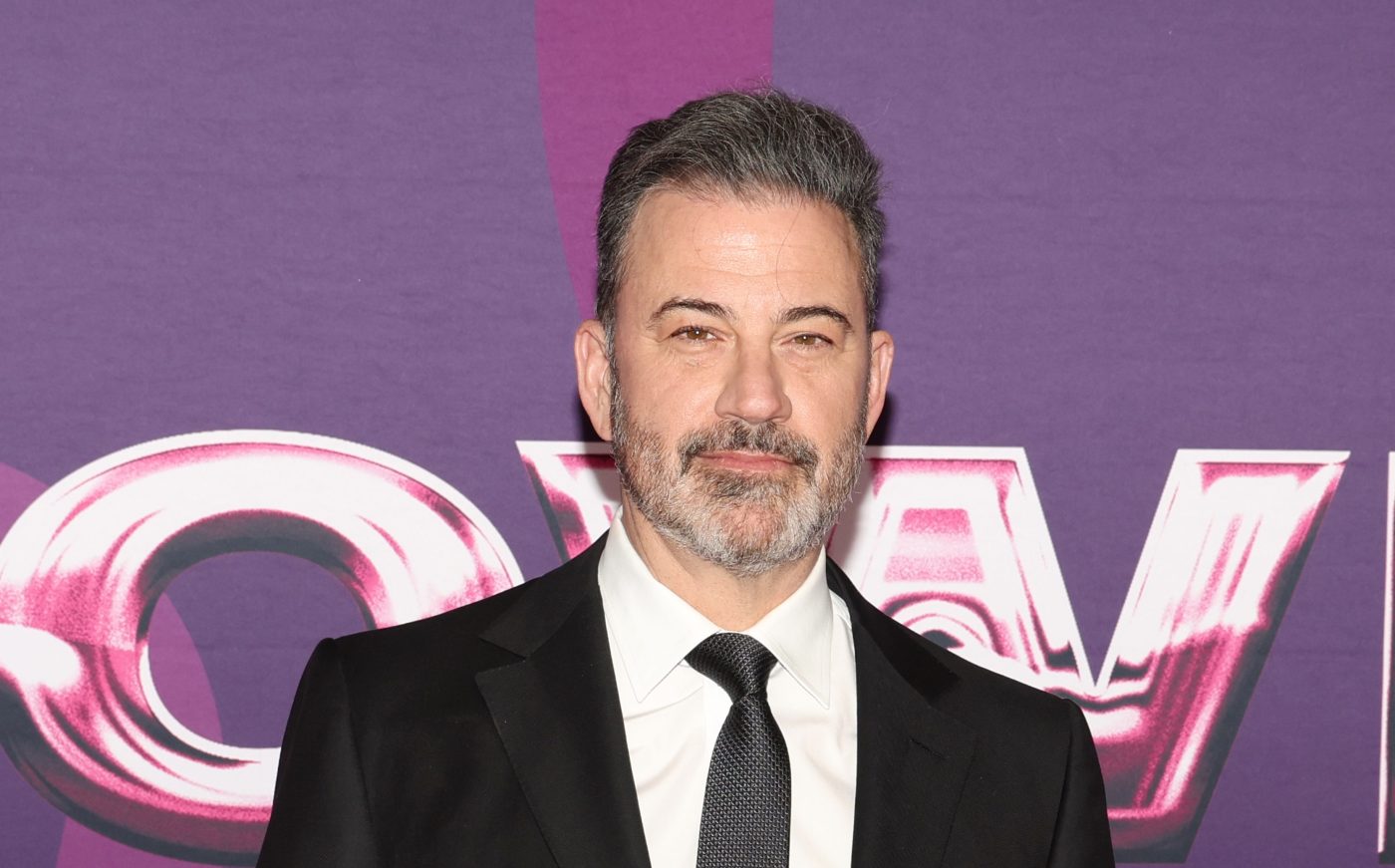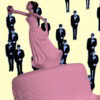BREAKING: ABC has suspended late-night host Jimmy Kimmel indefinitely after his controversial remarks regarding President Donald Trump and the recent murder of conservative figure Charlie Kirk. This urgent development raises significant questions about the boundaries of free speech in today’s political climate.
Kimmel’s suspension follows his comments made on the evening of December 22, 2024, during a monologue where he criticized the MAGA movement’s response to Kirk’s assassination. He expressed disdain over the attempts to distance the shooter from Trump supporters, stating, “We hit some new lows over the weekend with the MAGA gang desperately trying to characterize this kid who murdered Charlie Kirk as anything other than one of them.”
Shortly after these remarks, Kimmel was taken off the air, leading to widespread speculation about the influence of political pressure on media companies. Reports suggest that ABC capitulated not to public outrage but to pressures from the Federal Communications Commission (FCC). This situation highlights the ongoing debate surrounding the First Amendment and the protection of free speech from governmental interference.
The First Amendment clearly states, “Congress shall make no law…abridging the freedom of speech.” However, Trump himself has previously criticized networks like ABC for their coverage, implying they should face repercussions for their content. “When you have a network…and all they do is hit Trump, that’s all they do,” he stated aboard Air Force One.
In a surprising twist, former President Barack Obama came to Kimmel’s defense, emphasizing the necessity of safeguarding free speech regardless of the speaker’s affiliations. “This is precisely the kind of government coercion that the First Amendment was designed to prevent,” Obama remarked on social media, stressing the importance of media companies standing firm against such pressures.
Kimmel’s comments, which did not directly disparage Kirk, have ignited a firestorm over artistic freedom and the limits of political satire. The suspension has left many questioning the role of comedy in political discourse and whether late-night hosts can truly express their views without fear of retribution.
The implications of this incident extend beyond Kimmel and ABC. As the media landscape continues to evolve, the tension between free speech and political influence remains a critical issue. Observers are left wondering: what will happen next? Will Kimmel return to the airwaves, or will this mark a turning point in how late-night television navigates political commentary?
Stay tuned for further updates as this developing story unfolds.


